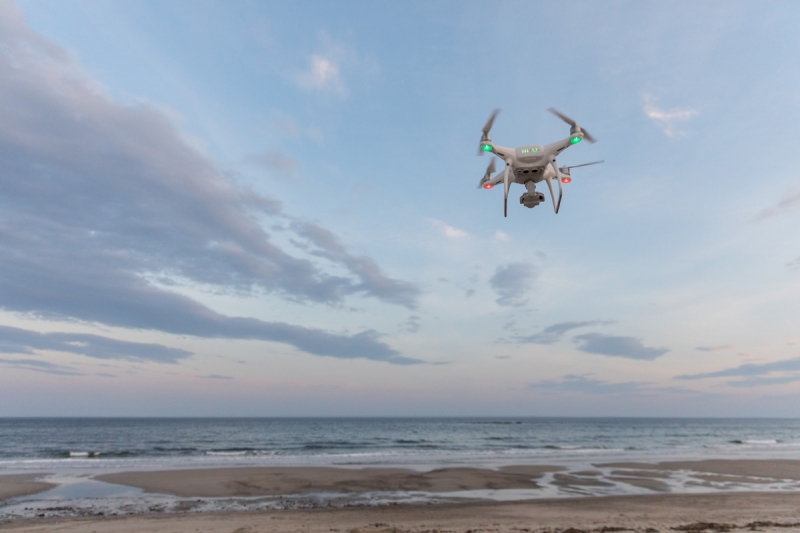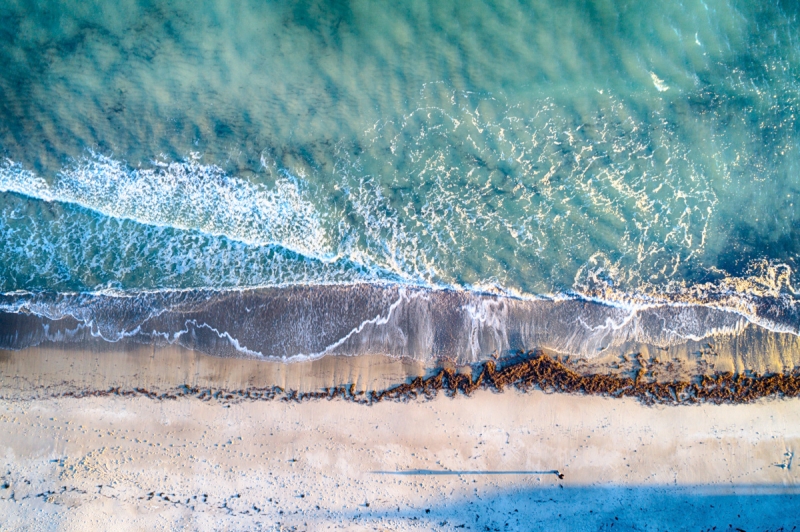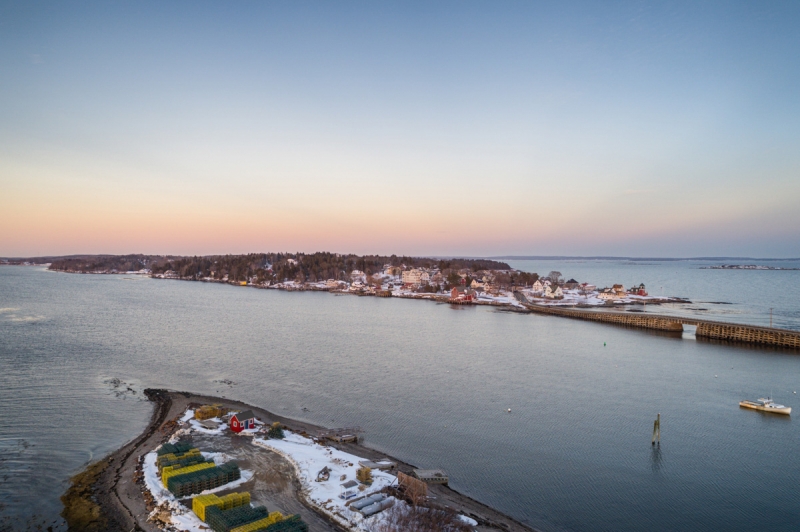What you need to know about drone registration and licensing
If you're a professional photographer, know these three things before you fly a new drone.
4.21.2017
There are few technologies today with more conflicting regulations and misinformation than that of the legal operation of small unmanned aircraft systems, more commonly referred to as drones.
Let’s start with the basics: aircraft registration, operator licensing, and insurance.

1. REGISTERING YOUR AIRCRAFT
Registering the aircraft is easy and inexpensive. The FAA website is where you need to register any aircraft weighing between 0.55 and 55 pounds. If you're a professional photographer, your drone mostly likely falls in this category.
On the FAA registration site, you’ll first need to address whether you'll use your drone for hobby use only or for commercial use. If you're going to use your drone for any business applications, you must register it for commercial use. (Hobby use is regulated in the U.S. by Public Law 112-95, Section 336 – Special Rule for Model Aircraft and administered by the FAA. NOTE: On May 19, A federal court rulee that the FAA cannot require hobbyist drone owners to register their aircraft when used strictly for hobby. However, this ruling doesn't affect the need to register drones for business use.)
You'll pay $5 to register each aircraft. Avoid third-party sites, many of which require a larger payment. Always go straight to the official FAA site.
After you registered your drone with the FAA, affix the drone identification and labeling as instructed.
Now it’s time to decide what licensing you need as the operator.

2. LICENSING THE OPERATOR
If you're going to use your drone strictly for educational or recreational use, FAA certification is not required to fly a drone.
If you plan to use your drone for any business or commercial use, and this is vitally important, you must be FAA certified. Business or commercial use is defined as receiving some form of payment or compensation. Bartering or trading for your services in lieu of payment is construed as commercial use, by the way.
Commercial drone operators must have one of two certificates: an FAA Remote Pilot Airman Certificate in accordance with Title 14 of the Code of Federal Regulation (14 CFR) part 107 (often informally called “Section 107”), or an pilot certificate issued under 14 CFR part 61. In other words, if you're not a pilot, you'll need to acquire a Section 107 certificate.
What about a drone owner who’s using their aircraft strictly for hobby photography but at some later point goes on to sell those photos? Technically, this is allowed as there was originally no intent for commercial use when the flight occurred. But how long could one honestly use this rationale? My advice is that if you're a professional photographer and want to fly a drone, be safe and get your certification.

3. INSURING YOURSELF
Once Section 107-certified, you’re one step away from being able to generate revenue for your photography business. That last step is securing insurance that specifically addresses the liabilities associated with using a drone commercially. PPA is on the forefront of this issue and currently offers insurance options for members who operate drones.

Russell Caron
Your own insurance carrier should also be able to help. Since it’s likely that an existing insurance policy doesn't include drone coverage, it's vital that you talk with your insurance professional. In addition to liability insurance, you’ll need to decide if you want to insure the drone itself for its replacement value should it be lost or stolen.
There’s a world of new opportunity and new possibilities awaiting. Knowing you’re properly licensed and insured, and using your drone safely will let you concentrate on your art and business. Happy and safe flying!
Russell Caron and his wife, Liz, operate Russell Caron Wedding Photography in Maine. He is certified as a remote pilot airman with the FAA.
Tags: drone photography insurance legal

